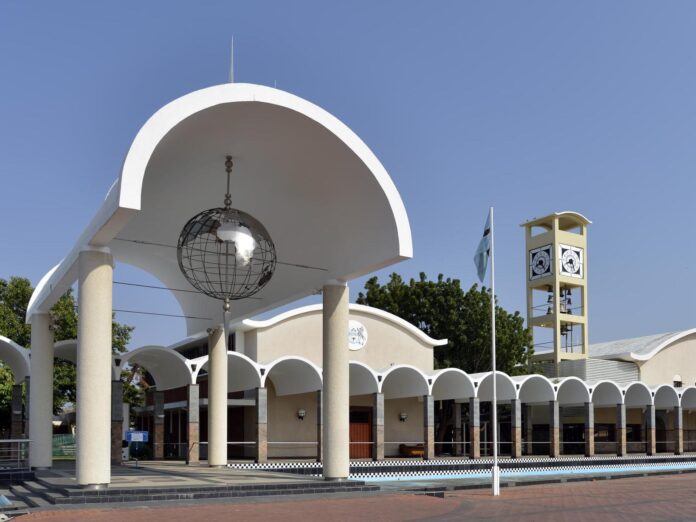The Botswana Council of Non-Governmental Organisations (BOCONGO) has issued a firm rejection of the Constitution (Amendment) Bill, 2025 – Bill No. 14 of 2025, criticizing it as an undemocratic and exclusionary attempt at constitutional reform. In a statement released on August 4, 2025, BOCONGO reaffirmed its stance that any amendment to the Constitution must be rooted in a people-led, inclusive, and transparent process that upholds democratic values and international norms.
The organization condemned the 2024 constitutional amendment process, describing it as fundamentally flawed due to its failure to consult or educate Batswana and build national consensus. According to BOCONGO, the lack of public engagement and civic education undermined the legitimacy of the process, prompting widespread criticism from civil society and members of Parliament—many of whom refused to vote on the Bill and walked out of the session in protest.
BOCONGO argues that the Constitution must serve as an aspirational guide for the nation, not a political tool, and emphasized that constitutional reform is not the same as routine legislative activity. The organization stressed that such reform requires the people at the center, with Parliament playing a facilitating—not dictating—role. It invoked Section 89(3)(b) of the Constitution, which allows for a referendum when amending specially entrenched provisions, as an existing mechanism to return power to the people.
The Council noted the government’s recent announcement of its intention to establish a Constitutional Court, an idea previously proposed in BOCONGO’s 2024 Civil Society Organisations Policy Brief. While recognizing this as a potentially progressive step, BOCONGO warned that any such institution must be created through an inclusive process and backed by clear legal and constitutional safeguards, similar to South Africa’s model where a Constitutional Court was established to uphold the Bill of Rights and ensure participatory legitimacy.
BOCONGO insists that the creation of a Constitutional Court must be accompanied by an amendment to Section 89 of the Constitution to enshrine public participation in the constitutional review process. The Council called for the immediate withdrawal of the current Amendment Bill, warning that pushing forward without broad-based engagement threatens the legitimacy of the reform and risks further alienating the public.
The statement also renewed calls for the introduction of robust socio-economic rights into the Constitution, arguing that a modern Botswana must reflect the evolving needs and aspirations of its people. To this end, BOCONGO is demanding the enactment of a Constitutional Review Act that would establish a legal framework for a truly people-led constitutional review process. This legislation would outline the principles, institutional framework, and public participation mechanisms necessary for an inclusive national dialogue.
BOCONGO’s list of demands includes an explicit acknowledgement that the Constitution belongs to the people, and that the Executive and Parliament must facilitate rather than control the reform process. They also called for the amendment of Sections 87 and 89 of the Constitution and the development of a transparent roadmap outlining how the reform will be conducted. This roadmap must include extensive public education and ensure that all regions and language groups are meaningfully consulted.
The Council questioned the feasibility of holding two referendums alongside the general election over the next four years, particularly in light of the government’s repeated claims of limited resources. They insisted that constitutional reform cannot be built on vague promises or opaque processes. BOCONGO further urged that all future gazetted amendments be published in multiple languages—including Setswana, Kalanga, Sekgalagadi, Sesarwa, and English—to reflect the country’s cultural and linguistic diversity.
BOCONGO called on President Duma Boko to withdraw the current Bill, align the reform process with democratic principles, ensure broad public participation, and safeguard the future of Botswana by allowing the people to lead the way. The Council stressed that a well-designed, inclusive constitution is the people’s last line of defense against dictatorship, corruption, and exclusion, and urged civil society, churches, trade unions, and professional bodies to stand together and advocate for a truly people-driven constitutional process.



